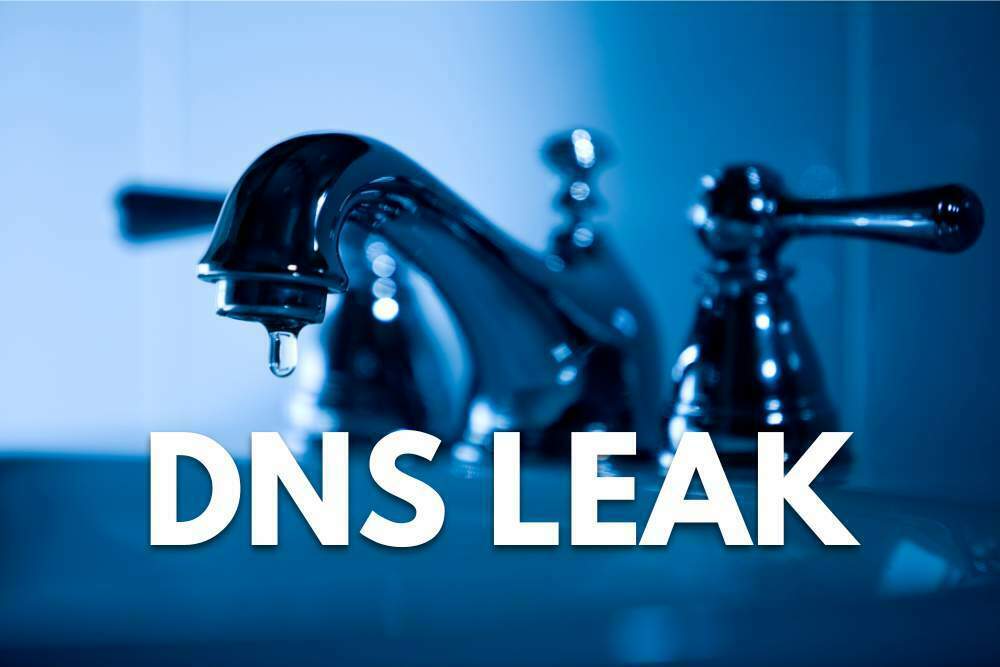
A DNS (Domain Name System) leak is a security vulnerability that can expose your internet activity to third parties. It occurs when a device or network is not configured correctly and sends DNS requests outside of the intended secure VPN (virtual private network) connection.
Here’s how a DNS leak can happen:
- When you connect to the internet using a VPN, your device’s internet traffic is routed through an encrypted tunnel to a VPN server. This helps to protect your activity from being monitored by third parties.
- However, if your device or network is not configured correctly, it may send DNS requests outside of the encrypted VPN tunnel. This means that your DNS requests are not protected by the VPN and can be intercepted and monitored by third parties.

A DNS leak can compromise your privacy and security by exposing your internet activity to potential surveillance or attack. It can also cause problems with your internet connection, such as slow loading times or connectivity issues.
To prevent a DNS leak, it is important to use a VPN provider that properly encrypts and protects your DNS requests, and to ensure that your device and network are properly configured to use the VPN. You can also use tools such as a DNS leak test to check for potential leaks and take steps to fix any issues that are identified. See our list of recommended VPNs.
See more on What do they know about me?
DNS Leak Test
Here’s how to test for a DNS leak:
- Connect to a VPN: Make sure that you are connected to a VPN before running the test. This will allow the test to compare your DNS settings to the expected VPN configuration.
- Go to a DNS leak test website: There are several websites that offer DNS leak tests, such as ipleak.net or dnsleaktest.com.
- Run the test: Follow the instructions on the website to run the test. This typically involves clicking a button to start the test and waiting a few seconds for the results to be displayed.
- Review the results: The test will show you the DNS servers that your device is using and whether they are being routed through the VPN connection as expected. If the results show that your DNS requests are being sent outside of the VPN connection, this indicates a DNS leak.
If you find that you have a DNS leak, you should contact your VPN provider for assistance in fixing the issue. It is important to prevent DNS leaks in order to protect your privacy and security online.
